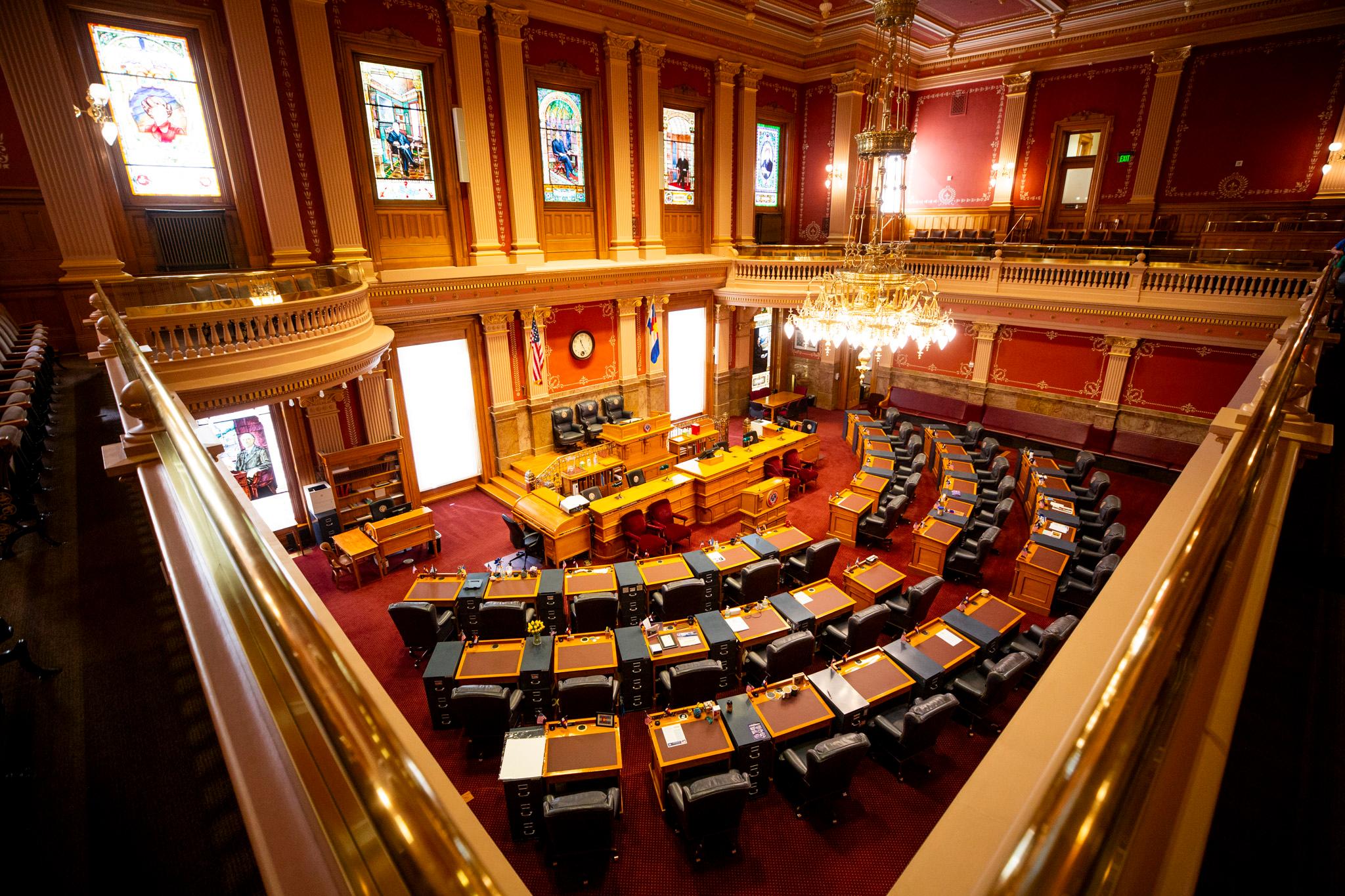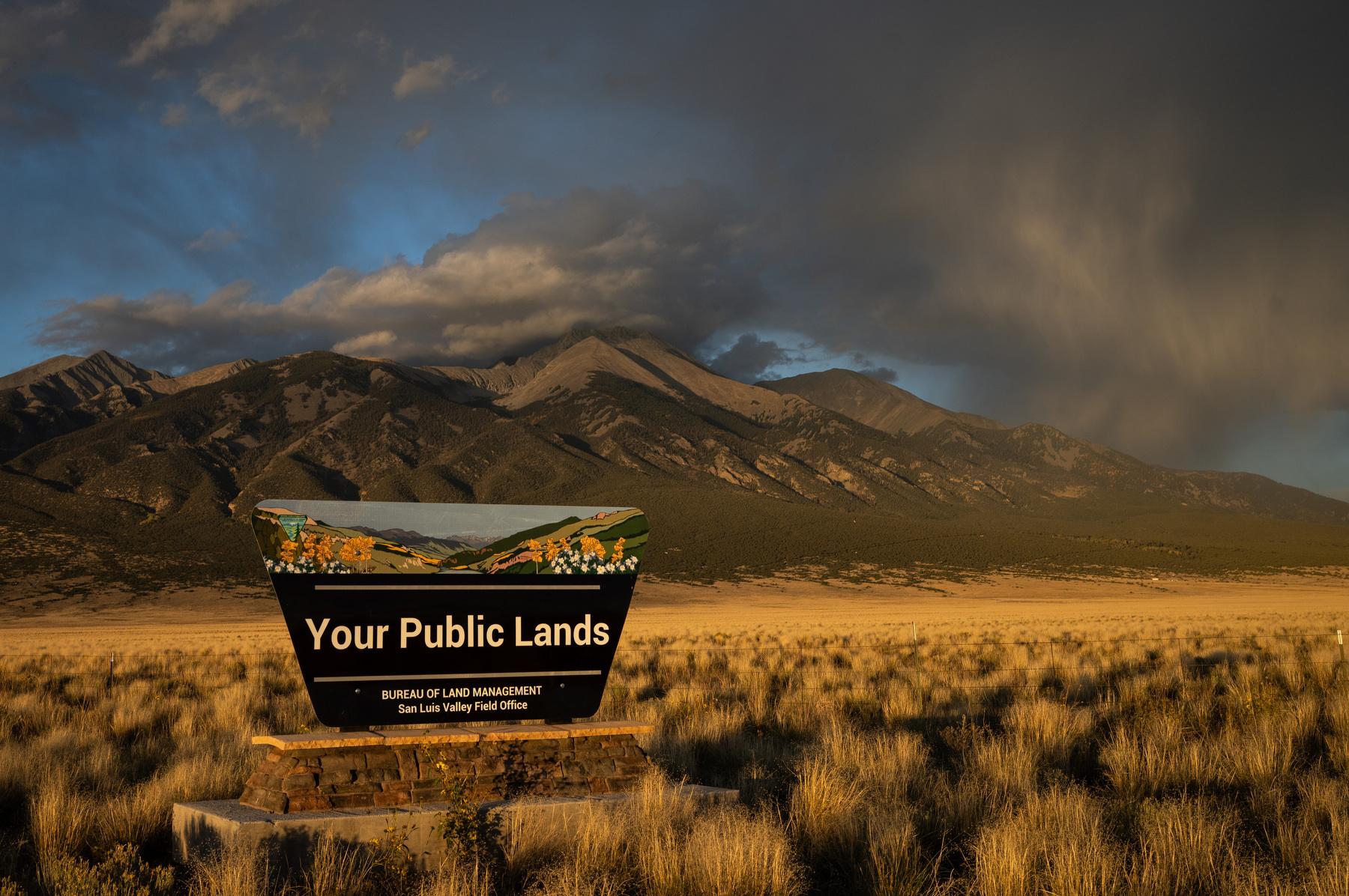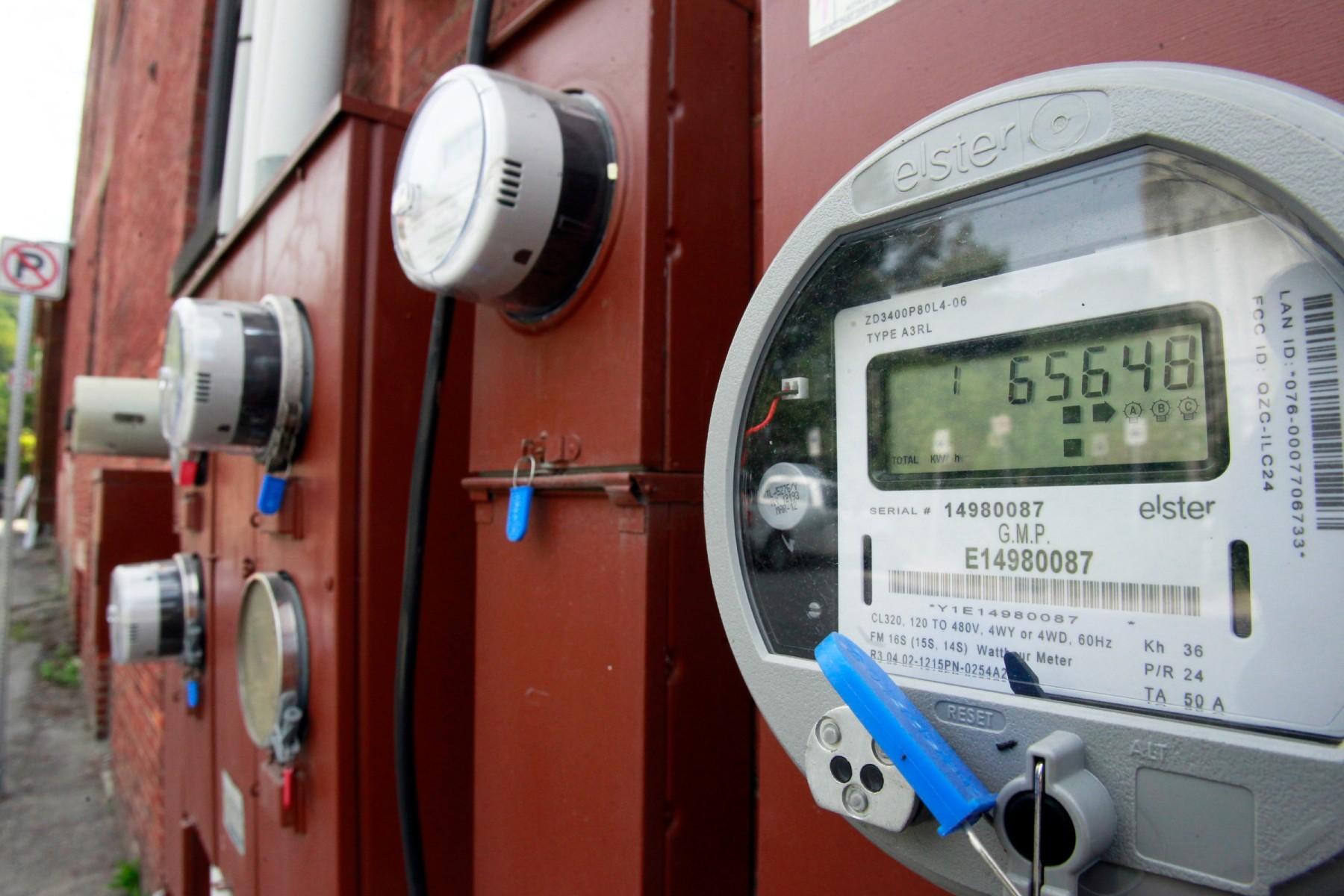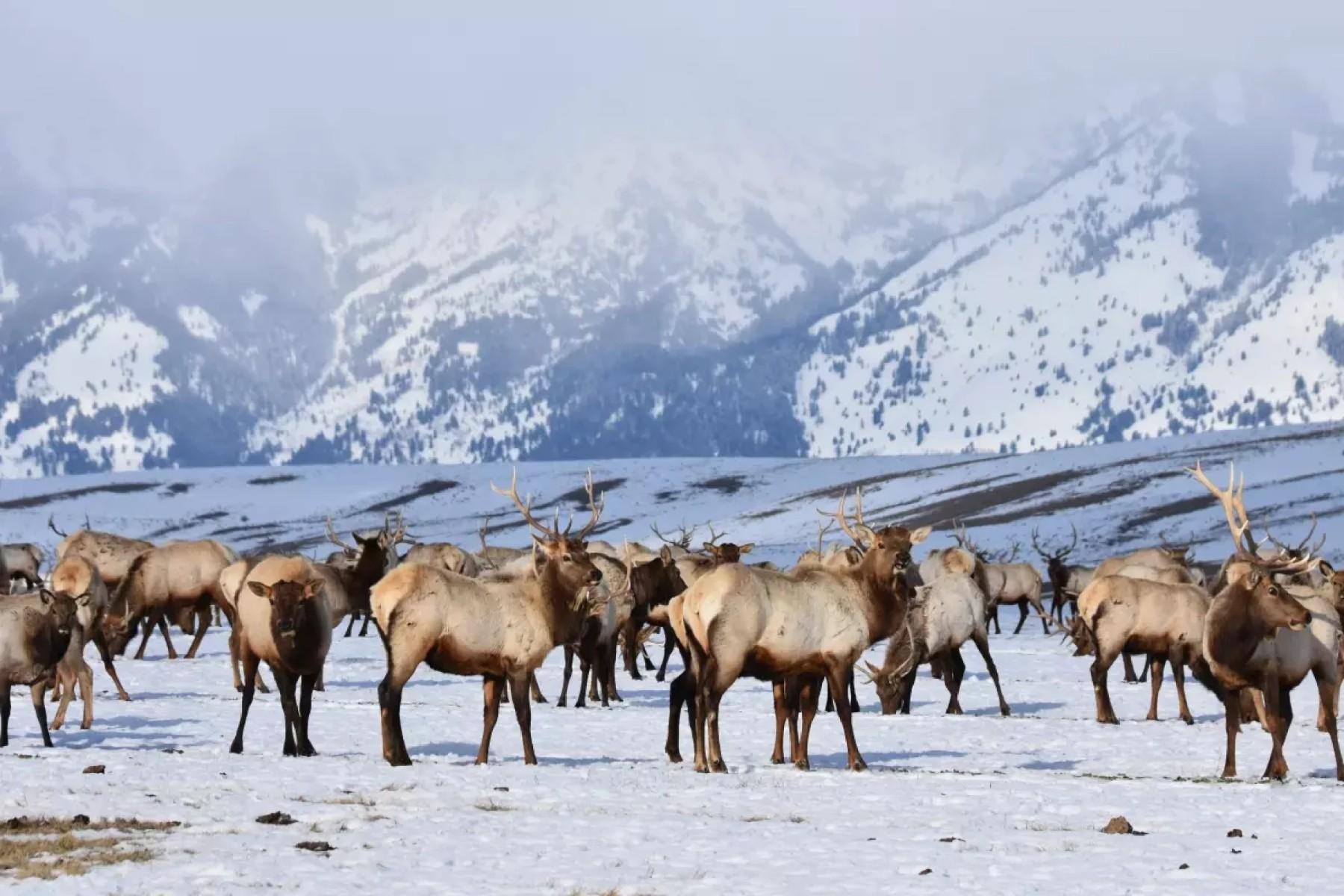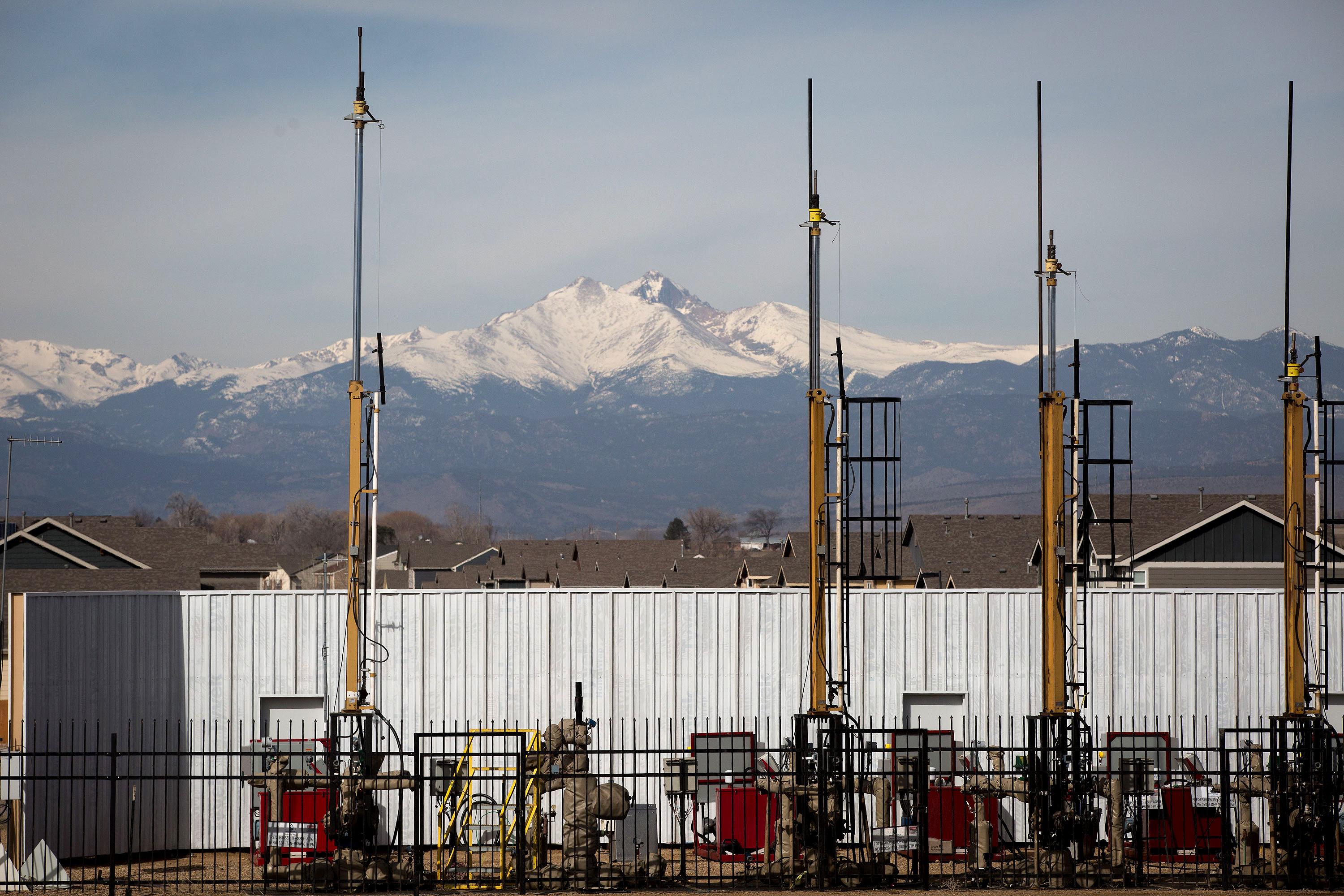

A sweeping overhaul of how Colorado regulates oil and gas development got its last major vote Friday morning. The measure passed the state House 36-28, with four Democrats joining all of the chamber’s Republicans in opposition.
Because lawmakers added a handful of amendments to the bill, SB19-181 now heads back to the Senate; that chamber can either accept the changes or ask for a conference committee. Either way, the measure is only a few small steps away from heading to Gov. Jared Polis, who supports it.
The bill gives local communities more control over where and how drilling takes place. It also changes the mission of state regulators; they will no longer be charged with promoting oil and gas development, and will instead be directed to prioritize public safety, health, and the environment in all their decisions.
“There's a documented concern around health, safety and welfare,” said Speaker of the House KC Becker during the final debate. “I mean, is anyone arguing that those things don't matter? They do.”
However, the oil and gas industry warns the sweeping new rules will lead to the loss of high paying jobs and hurt Colorado's economy, if the cost to comply makes Colorado a less attractive place to drill. And they argue Colorado already has some of the tightest regulations in the nation.
The fight over SB19-181 has brought hundreds to the state capitol, and captured the attention of many far away from it. With northern Front Range suburbs booming at the same time that drilling moves ever closer to the foothills, many residents have joined the growing call for increased restrictions on the industry. At the same time, those who draw a livelihood from oil and gas have been vocal opponents of the measure.
“My work is directly related to how much fracking is going on. This will cut that back significantly. So I will lose a significant amount of business,” said Darryl Green. He services fracking equipment outside the Weld County town of Kersey.
During the final full debate on the bill Wednesday night, Republicans tried unsuccessfully to change its language to make it possible to send the measure to voters. By adding a ‘petition clause,’ opponents could try to collect enough signatures to put the bill up for a vote in November. A similar effort is already underway to block another Democratic bill from this session, one that would commit Colorado to a national popular vote for president.
“We need this petition clause,” Rep. Perry Will, R-New Castle, told his colleagues. “I've been hearing from my constituents over there… they all oppose Senate Bill 181. So I think the people ought to have the right to vote on this.”
Democrats rejected that effort.
